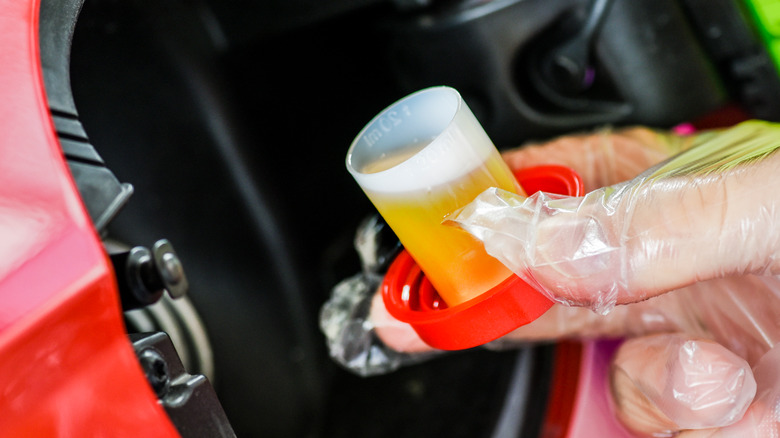Diesel Fuel Additives Explained: Do They Actually Help?
If you thought diesel fuel additives were merely store-bought products at your favorite auto store, you'd better think again. Fuel suppliers, refineries, and manufacturers are the biggest market for additives. Each batch of crude oil is different from the last, and fuel makers use additives to enhance or improve the properties of diesel fuel.
The National Conference on Weights and Measures (NCWM) prescribed the standards for premium diesel fuel in 1999. Diesel from every manufacturer or marketer must meet all five predetermined criteria to advertise their fuel as "Premium Diesel" in states that comply with NCWM standards.
The first is energy content. The diesel must have at least 138,700 Btu (as measured by ASTM D-240). Next is the cetane number, as the diesel must have a cetane number of at least 47 to qualify as premium fuel. Third comes lubricity, as all premium diesels must have a max wear scar diameter of 520 microns.
The fourth property is low-temperature operability, and the final is thermal stability. Manufacturers use diesel fuel additives to give untreated diesel the five properties required to qualify as "premium diesel." However, data from a recent survey reveals that only one of the 34 most popular premium diesel brands on the market meets all the five NCWM standards for premium diesel.
Diesel fuel additives: Do they work?
Diesel fuel additives from reputable brands use the same chemical-based additives from the refinery. Unlike gasoline, diesel is a lesser-refined fuel prone to molecular changes when exposed to temperature changes and prolonged storage — hence the need for additives to stabilize the diesel.
Moreover, diesel fuel contains a small percentage of dissolved water measured in parts per million (ppm). Too much water causes problems like fouled injectors, poor combustion, and blocked fuel lines due to frozen fuel in icy weather. Pouring a bottle of diesel fuel additive removes suspended water from the fuel and prevents the diesel from coagulating in winter.
In addition, diesel additives contain detergents to keep the injectors clean, while some have ingredients to boost the cetane number for smoother idling and easier cold starts. Diesel additives could provide a slight performance upgrade depending on the product, but their primary goal is to clean the injectors, remove water, add lubrication, and improve the diesel's thermal stability.
Diesel fuel additives are not a magic do-all product. However, the water-removing and anti-freezing benefits are worth the extra penny no matter what truck you drive or where you live.

